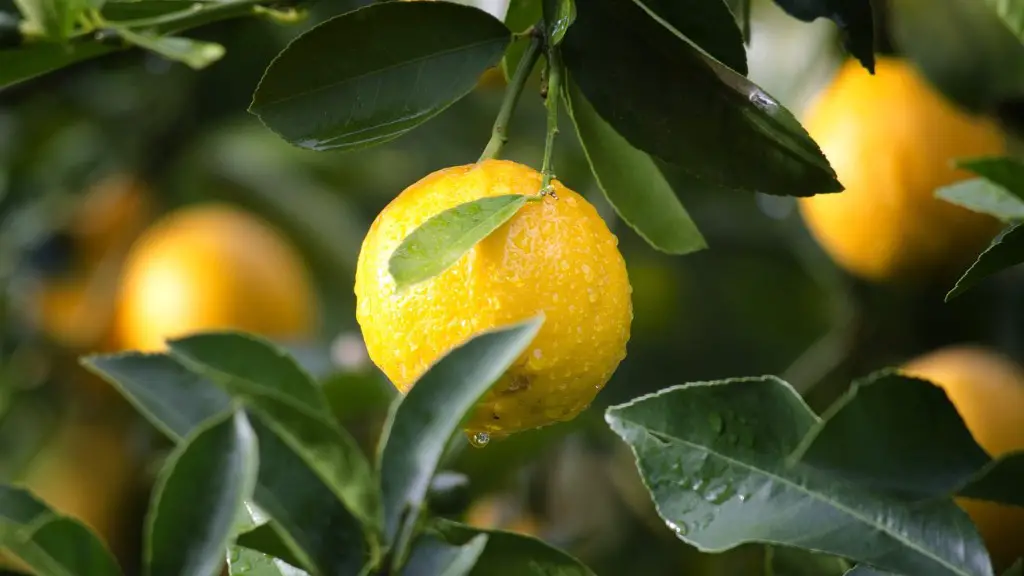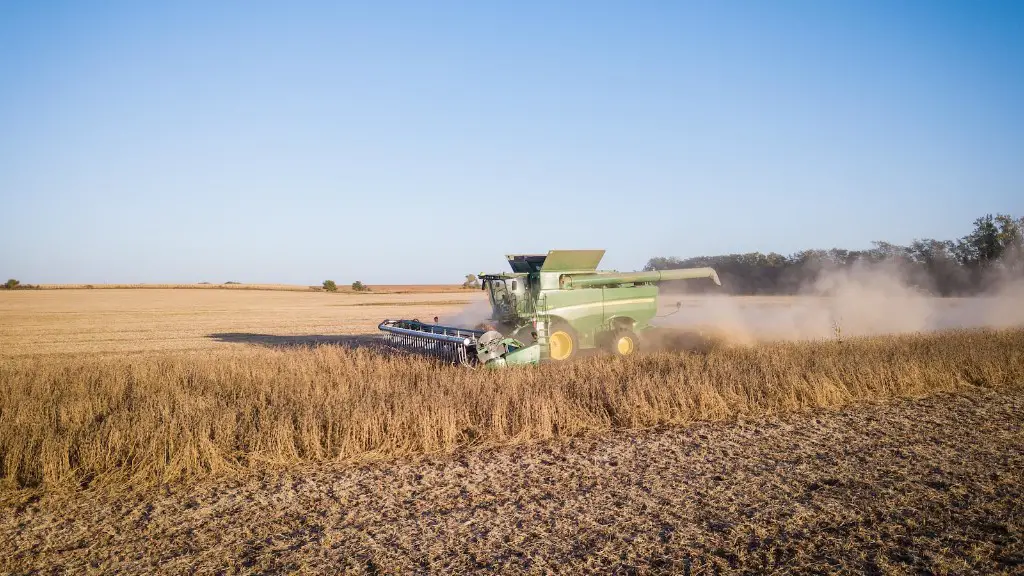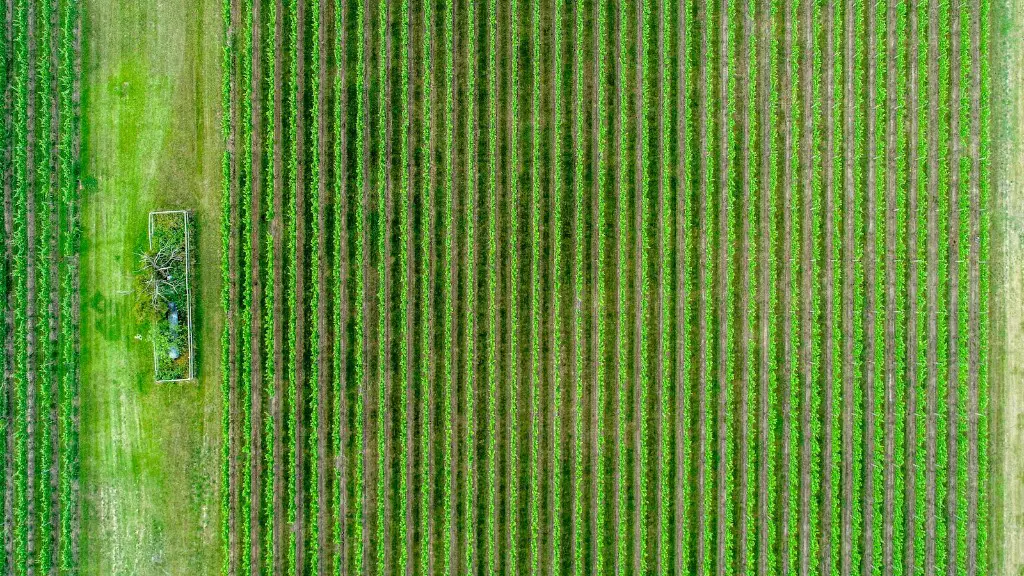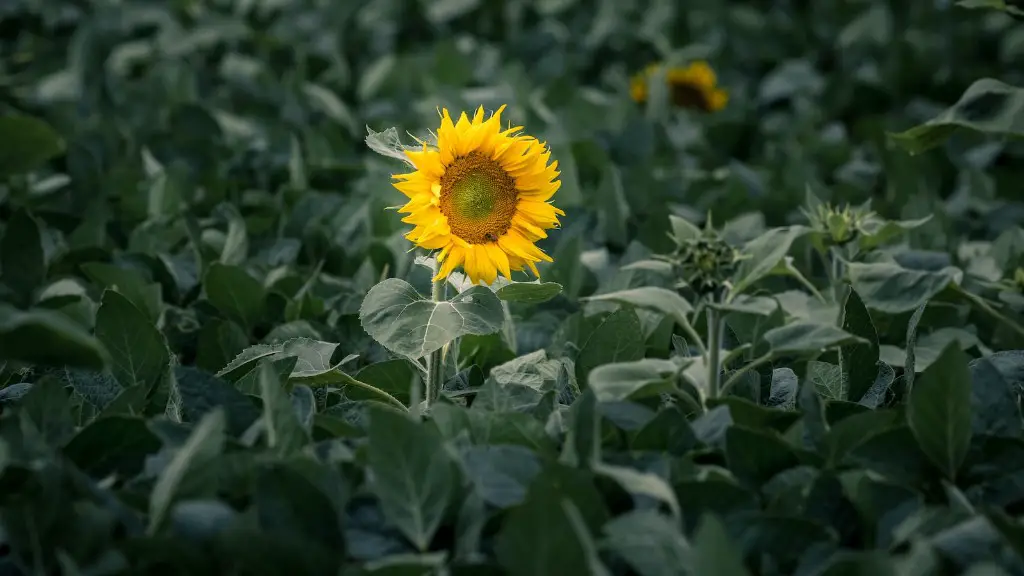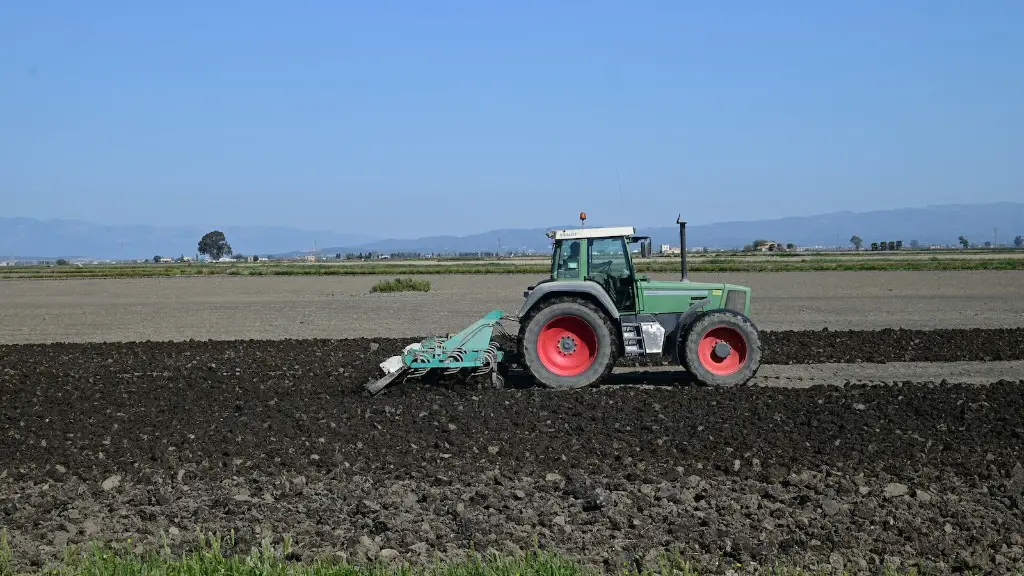Many people believe that agriculture is an invention, however, there is evidence that suggests otherwise. Agriculture is a natural occurrence that has been happening for centuries. There is evidence of cultivation and domestication of plants and animals dating back to the Neolithic era. Agriculture is not an invention, but a practice that has been perfected over time.
No, agriculture is not an invention. Agriculture is a form of land management that has been practiced for millennia.
Is agriculture a human invention?
Agriculture allowed for the domestication of plants and animals, which led to the development of civilizations. Agriculture allowed for the growth of cities and the rise of civilizations. Agriculture allowed for the growth of food surpluses, which allowed for the development of trade and commerce. Agriculture allowed for the growth of technologies, which led to the development of modern society.
Archaeologists have found evidence that farming was independently “invented” in at least 11 different regions around the world. This is an amazing feat, considering that farming is such a complex and essential part of human society. It is believed that the first farmers were able to adapt to their local environments and make use of the available resources to start growing crops and raising animals. This allowed them to become more self-sufficient and less reliant on hunting and gathering. Over time, these early farmers continued to innovate and develop new technologies and techniques that made farming more efficient and productive. Today, we continue to benefit from the ingenuity of our early ancestors who created one of the most important inventions in human history.
Who invented agriculture
The Egyptians were among the first peoples to practice agriculture on a large scale, starting in the pre-dynastic period from the end of the Paleolithic into the Neolithic, between around 10,000 BC and 4000 BC. The Egyptians used a variety of irrigation methods, including basins, canals, and ditches, to water their crops. They also developed a system of crop rotation, which helped to improve the fertility of the soil.
Today, we take many of these inventions for granted, but at one time, they were cutting-edge technology that revolutionized the way we live and work. Each of these inventions has had a profound impact on society and the economy, and we continue to reap the benefits of their ingenuity today.
What is the biggest human invention?
The past 1000 years have seen some amazing inventions that have changed the world as we know it. Here are some of the greatest inventions of the past 1000 years:
1. The Printing Press: This invention allowed for the mass production of books and other printed materials, which greatly increased literacy rates.
2. The Electric Light: This invention powered countless social changes, as it allowed for public spaces to be better lit and for people to work and play into the night.
3. The Automobile: This invention increased personal mobility and freedom, as it allowed people to travel further and faster than ever before.
4. The Telephone: This invention spread communication across wide areas, as it allowed people to instantly connect with others no matter where they were.
5. The Internet: This invention has connected people and information like never before, and has had a profound impact on the way we live and work.
Farming allowed people to grow their own food in one place, which led to a massive population growth. This, in turn, created cities and trade.
What qualifies as an invention?
Invention is the result of solving a problem through the use of technology. In order to be patented, an invention must use the laws of nature to achieve its objective. The invention cannot simply be a new application of an existing technology.
Organizations looking for a groundbreaking idea or product typically seek one of four types of innovation: incremental, adjacent, disruptive, or radical.
Incremental innovation is the most common and involves making small improvements to an existing product or process. Adjacent innovation expands on an existing product or process in a new direction. Disruptive innovation upends the status quo with a new product or process that creates a new market. Radical innovation is the rarest and most transformative, creating entirely new products or processes.
Was the invention of agriculture a mistake
This is a really interesting topic and one that I think is worth further exploration. It’s fascinating to think about what might have been if we had made different choices in the past and how that could have affected the world today.
It is amazing to think about how long ago agricultural communities developed. Humans have come so far since then, domesticating plants and animals and establishing communities. This way of life has allowed us to transition from a nomadic hunter-gatherer lifestyle and become more dependent on foraging and hunting.
When did agriculture begin —?
Agriculture is one of the oldest human activities and has undergone significant developments over time. The first evidence of agricultural activity dates back to 10,000 years ago, and since then, agriculture has independently developed in various parts of the world, such as northern and southern China, Africa’s Sahel, New Guinea, and several regions of the Americas.
Each region has developed its own unique methods and techniques for cultivation, and as a result, agriculture today is a highly diverse and complex field. Despite this diversity, there are some commonalities between different types of agriculture, such as the use of tools and machinery, irrigation, and the application of fertilizers and pesticides.
Agriculture is believed to have first developed at the close of the last Pleistocene glacial period, or Ice Age. This was a time when the world’s climate was much colder than it is today, and ice covered much of the planet. The first agriculture appears to have arisen in warmer regions of the world, where early human populations were able to adapt to the colder climates. Agriculture allowed for the domestication of plants and animals, which led to the development of civilizations.
What are the top 5 invention in the world
The Wheel
The wheel is such an important invention and it is hard to believe that it was not used for transportation originally. The printing press is also a vital invention, without it we would not have books or many of the things we take for granted today. The plow is an essential tool for farmers, it allows them to plow fields much faster than with a manual plow. Cement is another amazing invention, without it we would not have many of the buildings we have today. Penicillin is a life-saving medication that has helped millions of people. The light bulb is such a simple invention but it has revolutionized the way we live.
The three great inventions were first proposed by the British philosopher Francis Bacon. These inventions were later agreed upon by Walter Henry Medhurst, Karl Marx and other scholars. The three inventions are printing, gunpowder, and the mariner’s compass. These inventions were brought to Europe by Arab traders during the Renaissance and Reformation.
What are the 8 inventions?
Throughout history, there have been many inventions and discoveries that have changed the world as we know it. Here are just a few examples of some of the most important ones:
The banknote was invented in China during the Tang Dynasty in the 7th century. This was an important development because it allowed for the use of paper currency, which was much more convenient than bartering with goods.
Vaccinations were developed by Edward Jenner in 1796. This was a breakthrough in medicine that helped to prevent the spread of disease.
Local anesthesia was first used by William Morton in 1846. This made surgery much safer and less painful for patients.
Antibiotics were discovered by Alexander Fleming in 1928. This was a major medical advance that has saved countless lives.
Pasteurization was developed by Louis Pasteur in 1862. This process helps to prevent food spoilage and the spread of disease.
The modern automobile was invented by Karl Benz in 1886. This was a major breakthrough in transportation that has had a profound impact on the world.
The modern alternating current electrical supply system was developed by Nikola Tesla in 1891. This was a major advance in technology that has transformed the way we live.
In telecommunications, several inventors are notable for their contributions in the field. The telephone, electric telegraph, electric light, cinema, and gramophone were all invented by Alexander Graham Bell. The commercial steamboat was invented by Robert Fulton, and the aeroplane by Wilbur Wright. Each of these inventors made significant contributions to the field of telecommunications, and their inventions have had a lasting impact on the world.
What is the first thing invented
The chopping tool is a significant technological invention as it is one of the first known objects of its kind. It is also the oldest object in the British Museum, which makes it a valuable historical artifact. The chopping tool comes from an early human campsite in the bottom layer of deposits in Olduvai Gorge, Tanzania. This is an important location as it is where the first humans are thought to have originated. The chopping tool is a valuable artifact as it provides insight into the lives of these early humans.
Stone tools were humanity’s earliest technology, invented more than 2 million years ago by Homo habilis, an early human ancestor. Homo habilis was the first human ancestor to use stone tools, and the first to migrate out of Africa.
Warp Up
There is some debate over whether agriculture is an invention or a discovery. Proponents of the discovery theory believe that agriculture was a natural occurrence that happened as people began to settle down and form communities. On the other hand, those who believe that agriculture is an invention claim that it was something that was created through trial and error, and that it is a human-made process. While there is no definitive answer, it is safe to say that agriculture has been a part of human history for a very long time.
No, agriculture is not an invention. Agriculture is a natural process that has been happening for centuries.
